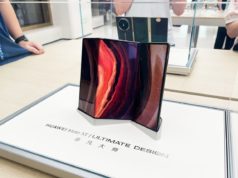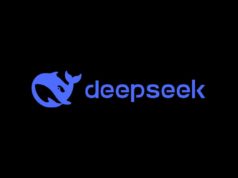
- Register
- Login
25°C
- Article
- . (0)
- Related content
Founded on October 17, 1987, US-based Kingston Technology has just marked its 30th founding anniversary in a capacity as the world’s largest independent maker of DRAM modules. Its co-founders John Tu and David Sun have both attributed the firm’s success to great contributions by employees and cooperative partners.
Tu remembered that he and Sun were almost dead broke when establishing Kingston 30 years ago, when few were engaged in tech businesses beyond PC production, and they had little idea about how their business would develop. Fortunately, with help from many enthusiastic partners, Kingston has gradually grown into a successful enterprise, Tu said, adding that he has always had a sense of gratefulness when going into his office every day.
For his part, Sun said that the success enjoyed by Kingston can be largely attributed to industrious company staff and their spirit of mutual respect. Sun stressed that over the past 30 years, Kingston has stuck to the management philosophy of “take good care of your employees and supporting suppliers, and then they will take good care of your customers.” He added Kingston might not be what it is if without a “family culture.”
Kingston is also a leading supplier of NAND Flash modules, and provides solid state disks (SSD) to serve the demand for big data storage needed in system upgrades and data centers.
Company sources said that though starting out with a single product, Kingston has gradually developed into its current status by constantly expanding its manufacturing and product lines, making strategic investments, building cooperative partnerships and grasping the latest market trends and needs. The company diversified its product lines into the SSD series in 2009, aiming to meet the demand of PC and datacenter customers. In 2016, the company was rated by Forward Insights as the world’s second largest supplier of SSD products.
With the advent of the smartphone era, the company set up a subsidiary Kingston Solutions (KSI) in 2010 to supply embedded memory modules needed for smartphones, tablets, IoT (Internet of Things) devices and wearable devices. Kingston has also made forays into the gaming market by providing HyperX-branded peripheral products such as earphones, keyboards, mice, mouse pads, all posting impressive shipment growths.



- China AMOLED panel capacity expansion forecast, 2016-2020
This Digitimes Research Special Report examines the China AMOLED industry, focusing on the expansion capacity of the makers, the current implementation plans of major smartphone vendors in the market and the technological hurdles faced by the China makers.
- Global AP demand forecast, 2017-2020
Digitimes Research expects global AP shipments to surpass the 1.9 billion mark in 2017, with smartphones remaining the main application. Qualcomm will be leading the market in 2017, as other players continue playing catch up and scramble for funds to invest in more diverse applications.
- Global notebook shipment forecast, 2017 and beyond
This Digitimes Special Report examines key factors in the notebook industry, including products, vendors and ODMs, that will affect total shipments in 2017 and through 2021.








